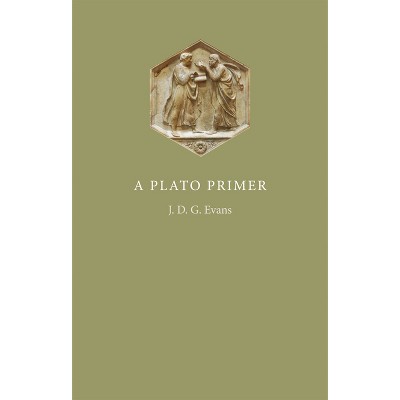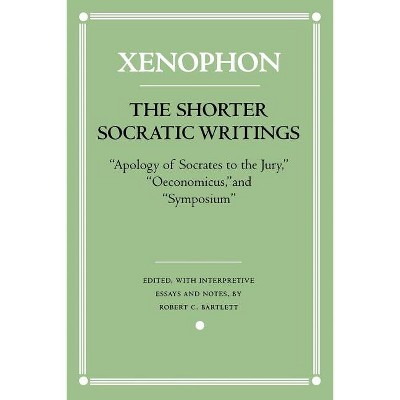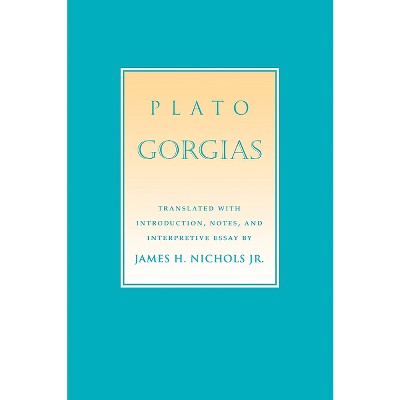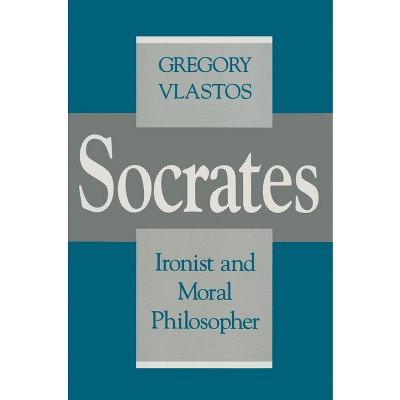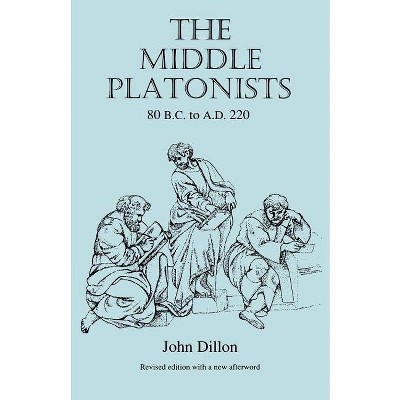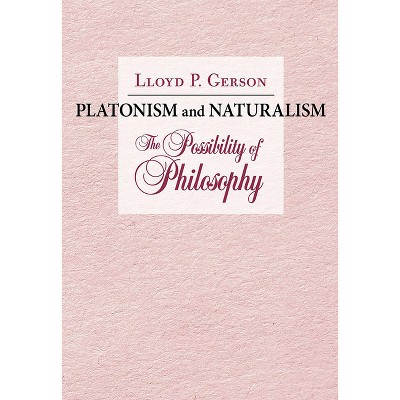Sponsored

Ways of Being - by Charlotte Witt (Hardcover)
In Stock
Sponsored
About this item
Highlights
- Charlotte Witt continues her highly regarded exploration of Aristotle's metaphysics in a book devoted to the ontological distinction between potentiality and actuality.
- About the Author: Charlotte Witt is Professor and Chair in the Department of Philosophy at the University of New Hampshire.
- 176 Pages
- Philosophy, History & Surveys
Description
About the Book
Charlotte Witt continues her highly regarded exploration of Aristotle's metaphysics in a book devoted to the ontological distinction between potentiality and actuality. She focuses on Metaphysics book ix, which provides the most sustained discussion...
Book Synopsis
Charlotte Witt continues her highly regarded exploration of Aristotle's metaphysics in a book devoted to the ontological distinction between potentiality and actuality. She focuses on Metaphysics book ix, which provides the most sustained discussion of this distinction. Witt rejects the conventional reading of this key text--that Aristotle differentiated between the two concepts solely to further the investigation of substance. Instead, in an original interpretation of his work, she argues that his development of the distinction between "being x potentially" and "being x actually" allowed Aristotle to develop an intrinsically hierarchical and normative vision of reality.For Witt, Aristotle's views about being shed light on his puzzling use of gender language in his descriptions of reality. This language has become an important issue for feminist scholars who have noted that in Aristotle's metaphysics of substance form is sometimes associated with the male, and matter with the female. Witt's interpretation that Aristotelian reality is intrinsically hierarchical and normative, but not intrinsically gendered, offers a new, important understanding of a controversial aspect of Aristotle's metaphysics.
Review Quotes
"This unique book on Aristotle's metaphysics discusses Aristotle's theory of value and connects it in a very illuminating way to contemporary feminist critical readings of Aristotle's metaphysics. This connection is interesting, revelatory, and original."
--Theodore Scaltsas, University of EdinburghAbout the Author
Charlotte Witt is Professor and Chair in the Department of Philosophy at the University of New Hampshire. She is author of Substance and Essence in Aristotle: An Interpretation of Metaphysics VII-IX, also from Cornell, and coeditor of A Mind of One's Own: Feminist Essays on Reason and Objectivity.
Shipping details
Return details
Frequently bought together
Trending Philosophy





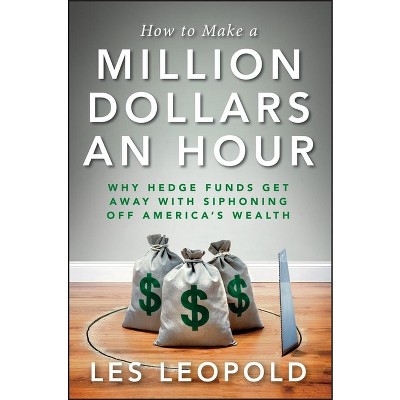
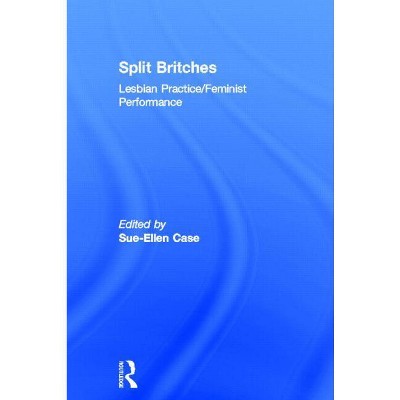
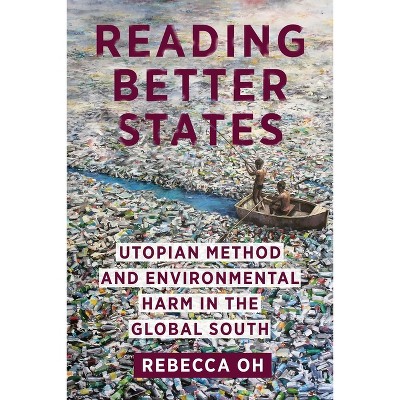



![Zen and the Art of Motorcycle Maintenance [50th Anniversary Edition] - by Robert M Pirsig (Paperback)](https://target.scene7.com/is/image/Target/GUEST_a091177a-e446-4862-8fd2-fbddb3522083)
